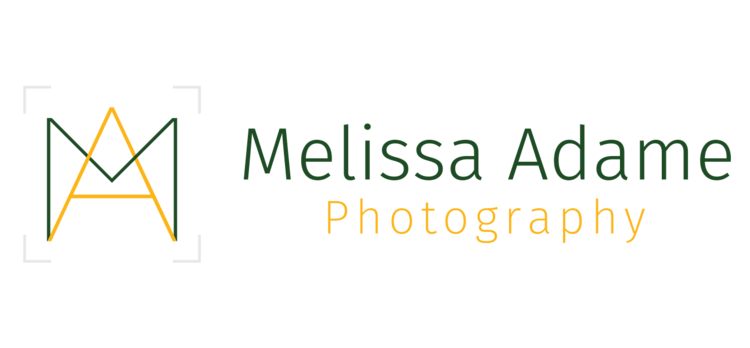Last week I came across an article "Getty Says Photog Shut the Door on Her $1B Copyright Claim" published by PDN in response to an article published this past July "Photog Seeks $1 Billion from Getty for Copyright Violations (Update)." In July photographer Carol M. Highsmith sued Getty Images for copyright violations under the Digital Millennium Copyright Act (PDN). The DMCA Provisions "makes it illegal to remove, modify of falsify copyright management information (PDN)." She has been providing images to the Library of Congress since 1988 for free public use and recently Getty has been taking advantage of her donation and claiming copyright of over 18,00 of her images. Highsmith found out about this violation when she received a letter, December 2015, from Getty demanding that she pay for licensing fees on an image she created and posted on her own website, claiming that they had full copyright to the image. Her main argument claims that Getty has been charging licensing fees for the use of her images without her consent. Alternatively, Getty's argument states that once a person puts their images in the public domain he/she has given up their right to sue for copyright violations. This article was very interesting and brought up the topic of appropriation.
Appropriation is "to take or use (something) especially in a way that is illegal, unfair, etc (Merriam-Webster)." In this case Getty appropriated Highsmith's images but the question is when does this become misappropriation? As a photographer, I have argued that as long as someone gives the original artist credit I think it's okay for another artist to appropriate their work. I believe that Getty images is showing unethical business practices by claiming copyright of Highsmith's images without her knowing or permission. Therefore, even though she donated her images to the library for public use does not mean she does not own the copyright for the images she originally created. We have seen, throughout the history of photography, many cases of appropriation, and most of the time the appropriating artist does not get sued for using the images in an unfair way. My hope is that she wins this case and it helps bring awareness to these issues that greatly affect photographers.
